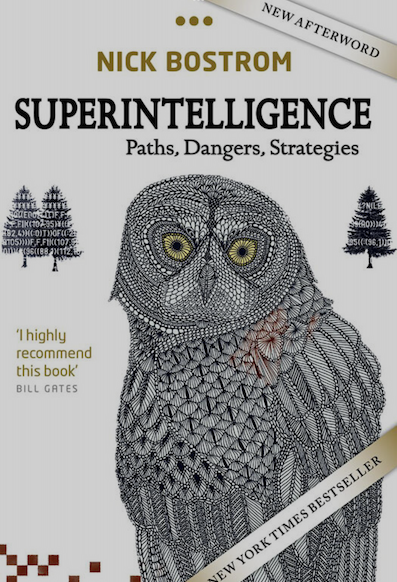Japan is planning to issue newly printed 1000, 5000 and 10000 yen paper notes in the first half of 2024. Why would the country print their newer version of paper notes often? They do this roughly every 2 decades for various reasons one of which they claim, is to prevent counterfeiting. World is moving faster towards issuance of the digital currency yet Japan is printing new bills. This is because most of the Japanese still prefer to use and save in paper currency. But the young generation use credit cards, QR payment system and online banking. The timing for the renewal of paper money this time does not seem to be thought of well by the government. Anyway, it does not seem straightforward.





